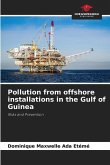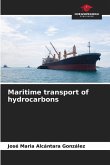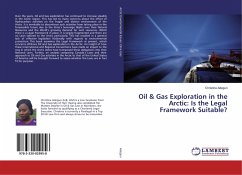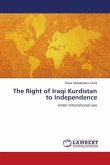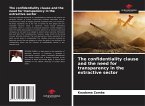Access to natural resources, and even less so their monopoly, is not a given for states: the constant quest for raw materials is a major factor in tensions, and even conflicts, between states.The Sahara issue is a pertinent case in point, given the complexity of the political situation and the entanglement of the players involved.Since the very beginnings of the Sahara conflict, the natural resources that abound in the region have been at the heart of debates on the decolonization of this territory. Indeed, the Western Sahara is one of the Non-Self-Governing Territories which, under Chapter XI of the United Nations Charter, are considered to be " territories whose peoples have not yet attained a full measure of self-government ". Added to this crisis over the international status of the Sahara is the issue of the legality of the exploitation of its natural resources, to which the debate over the exercise of Moroccan sovereignty over the Sahara since 1975 has been grafted.


